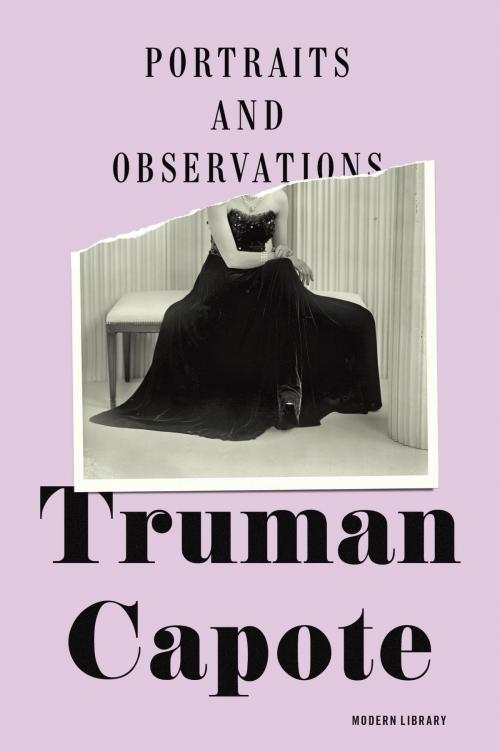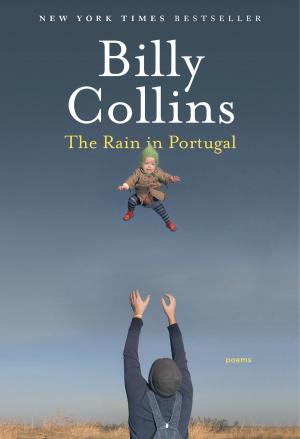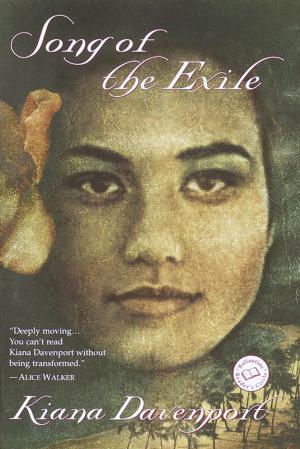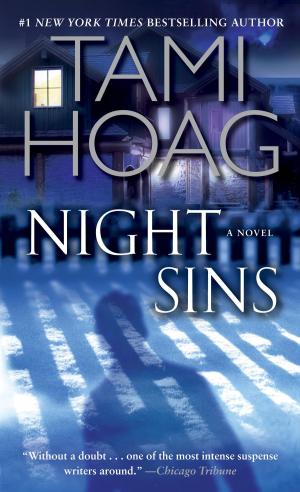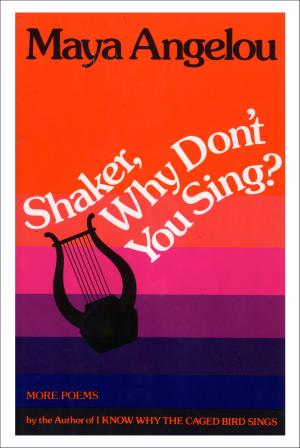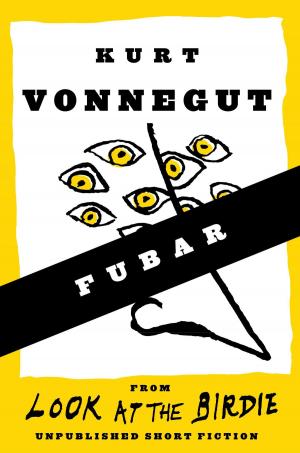| Author: | Truman Capote | ISBN: | 9780812995121 |
| Publisher: | Random House Publishing Group | Publication: | April 23, 2013 |
| Imprint: | Modern Library | Language: | English |
| Author: | Truman Capote |
| ISBN: | 9780812995121 |
| Publisher: | Random House Publishing Group |
| Publication: | April 23, 2013 |
| Imprint: | Modern Library |
| Language: | English |
Perhaps no twentieth century writer was so observant and elegant a chronicler of his times as Truman Capote. Whether he was profiling the rich and famous or creating indelible word-pictures of events and places near and far, Capote’s eye for detail and dazzling style made his reportage and commentary undeniable triumphs of the form.
Portraits and Observations is the first volume devoted solely to all the essays ever published by this most beloved of writers. From his travel sketches of Brooklyn, New Orleans, and Hollywood, written when he was twenty-two, to meditations about fame, fortune, and the writer’s art at the peak of his career, to the brief works penned during the isolated denouement of his life, these essays provide an essential window into mid-twentieth-century America as offered by one of its canniest observers. Included are such celebrated masterpieces of narrative nonfiction as “The Muses Are Heard” and the short nonfiction novel “Handcarved Coffins,” as well as many long-out-of-print essays, including portraits of Isak Dinesen, Mae West, Marcel Duchamp, Humphrey Bogart, and Marilyn Monroe.
Among the highlights are “Ghosts in Sunlight: The Filming of In Cold Blood, “Preface to Music for Chameleons, in which Capote candidly recounts the highs and lows of his long career, and a playful self-portrait in the form of an imaginary self-interview. The book concludes with the author’s last written words, composed the day before his death in 1984, the recently discovered
“Remembering Willa Cather,” Capote’s touching recollection of his encounter with the author when he was a young man at the dawn of his career.
Portraits and Observations puts on display the full spectrum of Truman Capote’s brilliance. Certainly, Capote was, as Somerset Maugham famously called him, “a stylist of the first quality.” But as the pieces gathered here remind us, he was also an artist of remarkable substance.
Perhaps no twentieth century writer was so observant and elegant a chronicler of his times as Truman Capote. Whether he was profiling the rich and famous or creating indelible word-pictures of events and places near and far, Capote’s eye for detail and dazzling style made his reportage and commentary undeniable triumphs of the form.
Portraits and Observations is the first volume devoted solely to all the essays ever published by this most beloved of writers. From his travel sketches of Brooklyn, New Orleans, and Hollywood, written when he was twenty-two, to meditations about fame, fortune, and the writer’s art at the peak of his career, to the brief works penned during the isolated denouement of his life, these essays provide an essential window into mid-twentieth-century America as offered by one of its canniest observers. Included are such celebrated masterpieces of narrative nonfiction as “The Muses Are Heard” and the short nonfiction novel “Handcarved Coffins,” as well as many long-out-of-print essays, including portraits of Isak Dinesen, Mae West, Marcel Duchamp, Humphrey Bogart, and Marilyn Monroe.
Among the highlights are “Ghosts in Sunlight: The Filming of In Cold Blood, “Preface to Music for Chameleons, in which Capote candidly recounts the highs and lows of his long career, and a playful self-portrait in the form of an imaginary self-interview. The book concludes with the author’s last written words, composed the day before his death in 1984, the recently discovered
“Remembering Willa Cather,” Capote’s touching recollection of his encounter with the author when he was a young man at the dawn of his career.
Portraits and Observations puts on display the full spectrum of Truman Capote’s brilliance. Certainly, Capote was, as Somerset Maugham famously called him, “a stylist of the first quality.” But as the pieces gathered here remind us, he was also an artist of remarkable substance.
